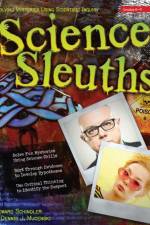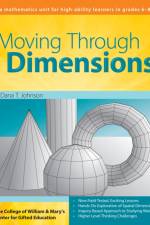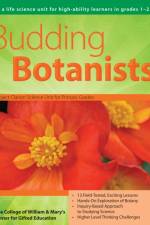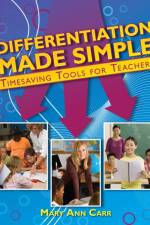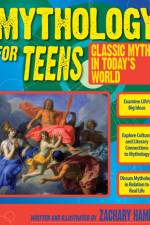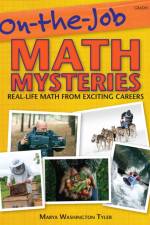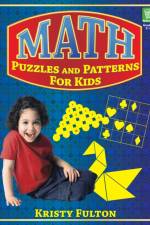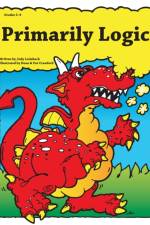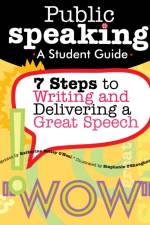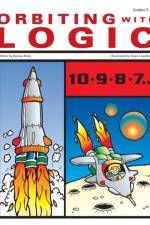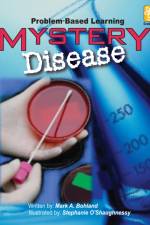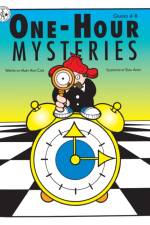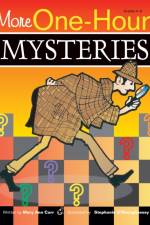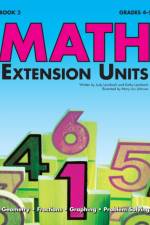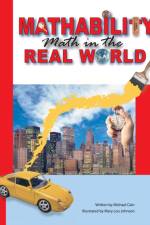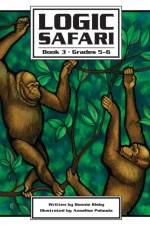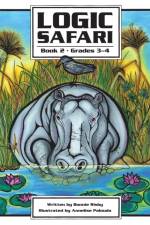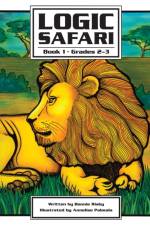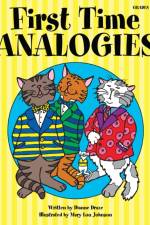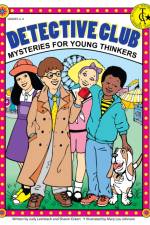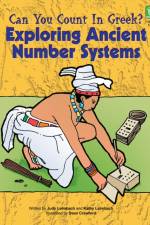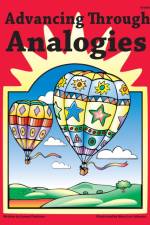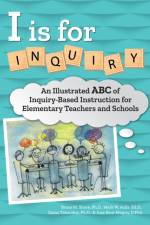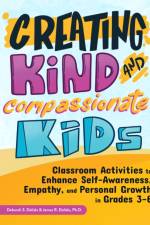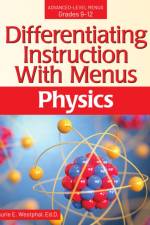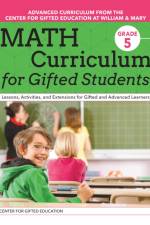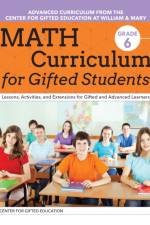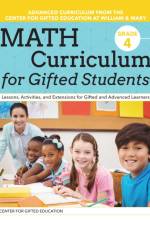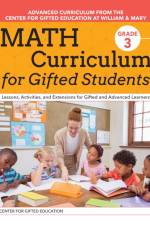- Real-Life Math From Exciting Careers (Grades 4-8)
av Marya Washington Tyler
285,-
The author of the best-selling Real Life Math Mysteries offers students more close encounters with engaging professionals! After working through the math problems encountered on the job, your students will have no doubt about the absolute importance of math in the real world. Just like a field trip, but a lot more practical, this book takes students out into the field where they count fish, direct air traffic, carve a totem pole, write software code, care for orphaned sea creatures, recover sunken valuables, mush dogs, salvage timber, feed the homeless, film wildlife, and a lot more.The math problems are tied to NCTM standards, and students will use skills such as selecting an operation, determining place value, using fractions and decimals, working with geometry, applying measurement skills, estimating, and recording and analyzing data to solve them. Each set of problems is presented on separate reproducible worksheets, and the book includes a list of skills and comprehensive answer key.Working with the engaging and diverse mathematics presented here, students will see exactly what is at stake in problem solving, why mathematics is essential, and why accuracy matters. The light will go on for your students as they see that mathematical skills are essential to following their dreams.Grades 4-8

